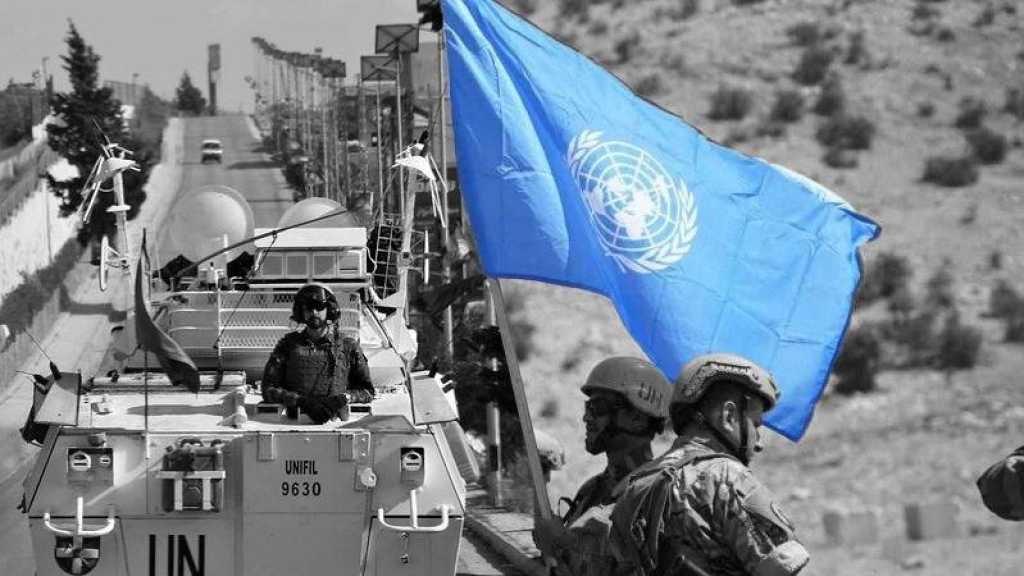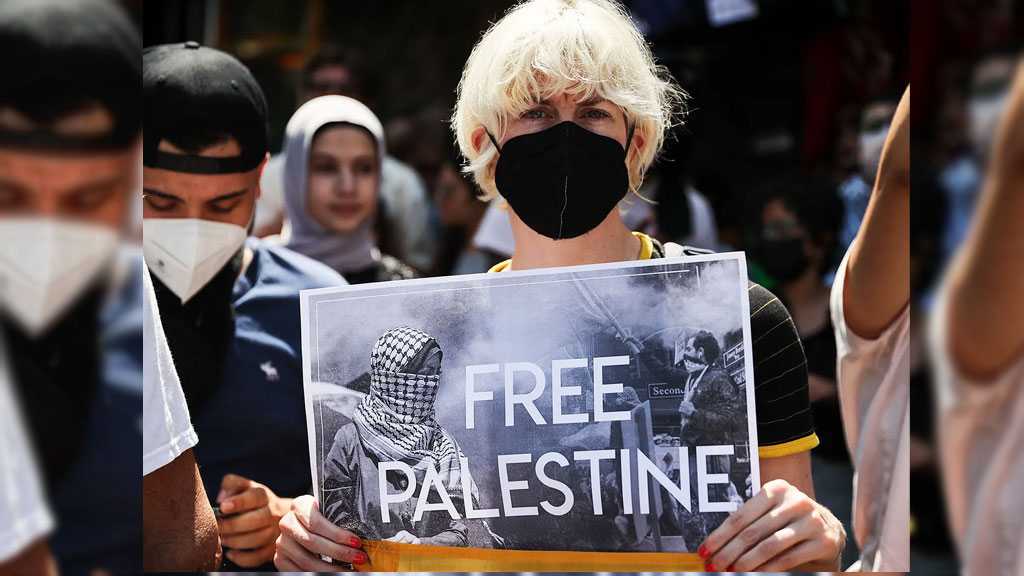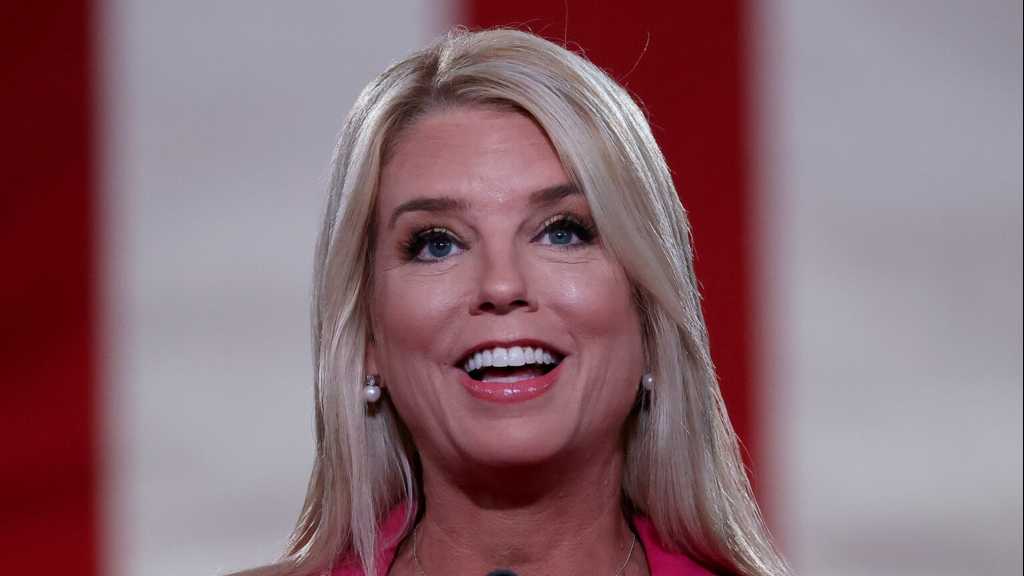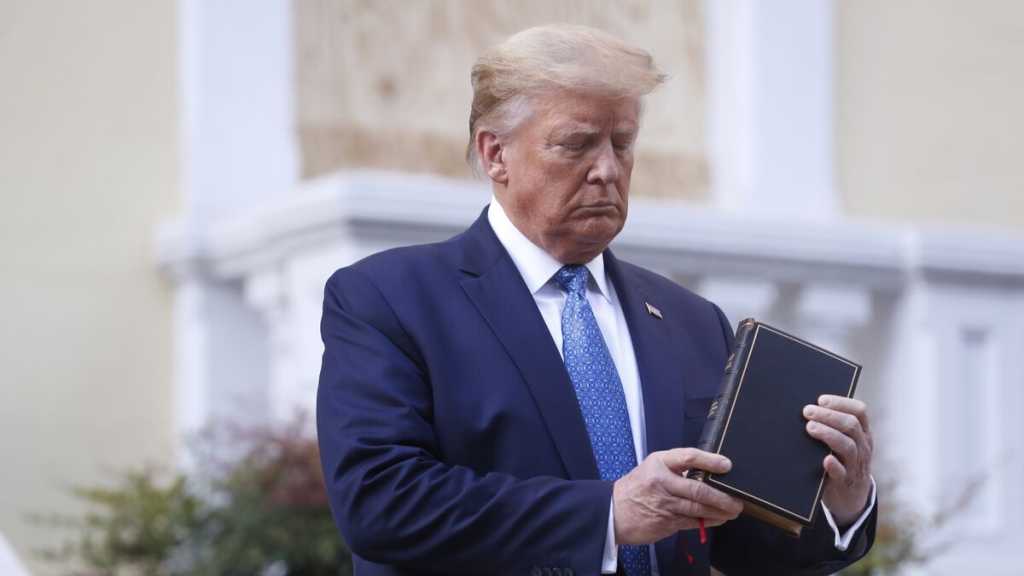NYPD Raids and Ousts Islamic Vendors Ahead of Ramadan
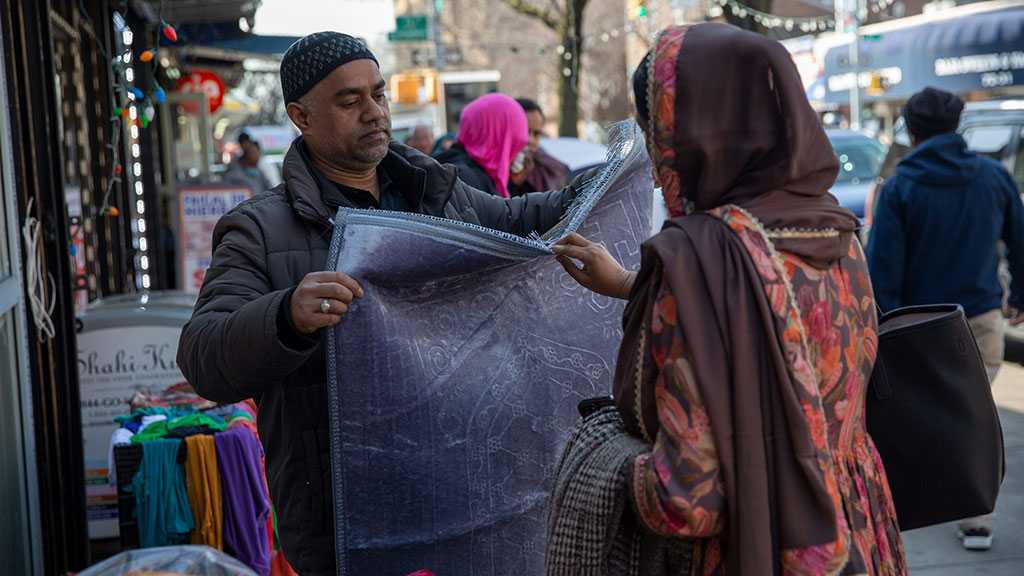
By Staff, Agencies
The New York City Police Department [NYPD] conducted a raid on a street in the borough of Queens, just 48 hours prior to the beginning of Ramadan, targeting Bangladeshi street vendors who were selling Islamic merchandise.
Based on a report by THE CITY, the busy area in the New York City borough, known for its twelve vendors selling Islamic goods, was surprisingly lacking the usual crates and tables filled with religious texts, prayer mats, and hijabs on Thursday.
Over the last twenty years, street vendors from Bangladesh in Jackson Heights, Queens, have regarded Ramadan as a crucial period for selling their goods and establishing connections with the Muslim community in the area.
“Police did not come since about two years ago,” said 55-year-old Mohammad Ashraful Biswas, who worked at a fried chicken restaurant before taking over the business in 2008 from his father, who became one of the first street vendors selling Islamic goods in Jackson Heights two decades ago after realizing there weren’t stores retailing them.
Biswas went on to mention the incident from last Friday night when police officers gathered vendors on the block and gave him a $250 fine for street vending without a license.
“He told us, ‘If you sell again, we’ll pick up all your business stuff,’” he recounted.
Of the several vendors who were targeted, many have lost their only source of daily bread, leaving them struggling to make ends meet in a city that is one of the most expensive cities in the world, amidst a cost of living crisis.
The raid came ahead of the Islamic holy month of Ramadan, a month synonymous with fasting and good deeds, when people come together to help each other with their difficulties in life.
“My biggest fear is that I’ll get arrested for working without a license,” street vendor MD Nasir Uddin, who supports his family of five including his three younger siblings, told THE CITY.
“I’m afraid I won’t be able to help my family or provide for them anymore - that’s my biggest fear,” he added.
According to Nasir Uddin, it is almost impossible to get a vendor's license as there is a wait list of more than 11,920 people already waiting to attain it, apart from this, the license has since decades been capped at 853 citywide for non-veteran sellers.
He started selling goods after being laid off from his position at a grocery store in 2020, during the peak of the COVID-19 pandemic. After exploring job opportunities in Jackson Heights, he eventually came across street vending while interacting with other vendors of Islamic products.
Another business owner, MD Ali, 63, said that he has longed for the opportunity to engage in bargaining with his fellow Bangladeshis, Indians, and Pakistanis in the local community.
He pointed out that during Ramadan, he typically succumbs to the anticipated and never-ending negotiations as a sign of goodwill.
“Customers keep asking us why we’re not open – and keep asking us to open regardless of the ticketing situation,” he said.
As per a report, the city currently accommodates over 20,000 vendors, a significant number of whom operate without the necessary licenses.
This license is mandatory for individuals engaged in selling, leasing, or offering goods or services in public areas that are not designated as stores.
It has been more than two decades since the September 11 attacks, yet Muslims in New York continue to experience trauma related to Islamophobia, which they attribute to the NYPD, the very institution tasked with ensuring their safety.
According to a December 2023 report by The New York State Bar Association, the Israeli attacks over Gaza have led to a dramatic increase in hate crimes against Muslims in the United States.
“American Muslims are facing the largest wave of Islamophobic bias that we have documented since then-candidate Donald Trump’s Muslim Ban announcement in December 2015. Political leaders, corporations, media outlets, civic organizations and others all have a role to play in ending this surge in bigotry,” the Council on American-Islamic Relations research and advocacy director Corey Saylor said in a statement.
Comments
